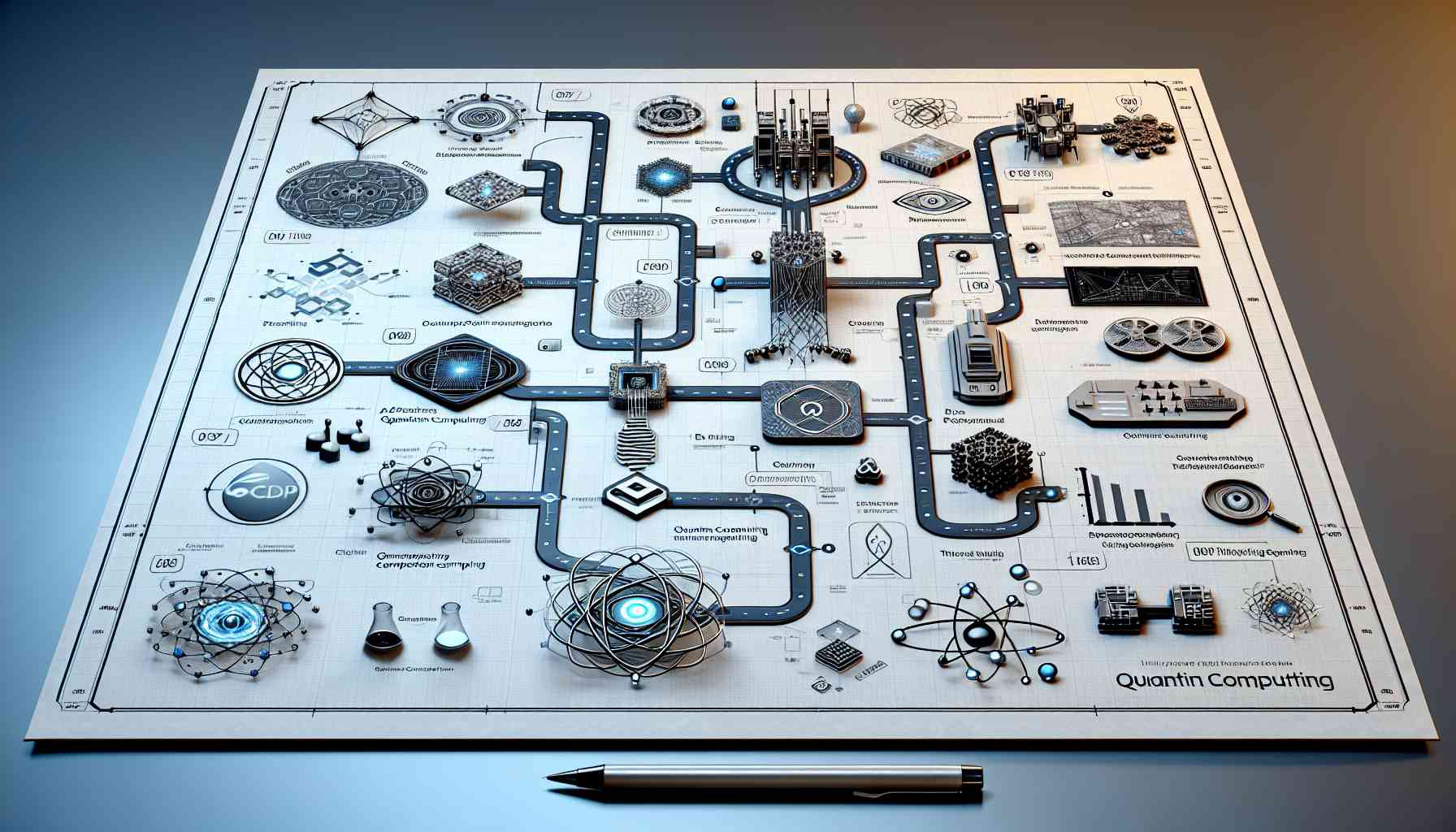Startup QuEra has revealed its strategic roadmap for quantum computers, outlining plans to have 100 logical error-corrected qubits and 10,000 physical qubits by 2026. This puts QuEra in direct competition with industry leaders such as IBM, Microsoft, and Xanadu. To achieve this, the company aims to launch a computer with 10 logical qubits and over 256 physical qubits. QuEra’s quantum computer will feature a unique transversal gate capability to minimize errors and pave the way for future innovation. The startup plans to release a logical qubit simulator by the end of Q2 this year, followed by an upgrade with 30 logical error-corrected qubits and 3,000 physical qubits.
QuEra’s CEO, Alex Keesling, expressed excitement about leveraging the company’s previous building blocks to deliver a world-leading quantum computing system. The aim is to collaborate with global partners and drive innovation across various sectors. QuEra’s ultimate goal is to introduce a third-generation quantum error-corrected model with 100 logical qubits by 2026, pushing the boundaries of classical simulation.
While industry leader IBM has its own 10-year roadmap, QuEra’s bold plans signal the startup’s determination to make significant strides in the quantum computing field. In 2023, QuEra completed a successful $30 million Series A funding round and expanded its Aquila processor for commercial use cases. The company has also recruited over 50 skilled engineers and experienced executives to support its rapid growth.
With groundbreaking research papers confirming the viability of QuEra’s blueprint, the startup is positioned as a leading player in the emerging field of quantum computing. As the potential of quantum computing continues to expand, QuEra’s ambition and roadmap set the stage for exciting possibilities in the near future.
Enterprise Blockchain: A Key Component for AI in Compliance
In order for artificial intelligence (AI) to thrive in the face of growing challenges and comply with regulations, it needs a strong foundation. Implementing an enterprise blockchain system can provide the necessary infrastructure to ensure data integrity, ownership, and security, which are crucial for the successful integration of AI.
An enterprise blockchain system guarantees the quality and ownership of data, allowing AI algorithms to access reliable and trustworthy information. It also ensures the immutability of data, preventing unauthorized modifications or tampering. By leveraging blockchain technology, AI can operate within the boundaries of the law and maintain the highest standards of compliance.
Blockchain’s decentralized nature and cryptographic security features make it an ideal solution for protecting data privacy and maintaining transparency. The distributed ledger technology enables secure and efficient data sharing between multiple parties while safeguarding sensitive information.
As AI continues to evolve and play an increasingly important role in various industries, the integration of enterprise blockchain systems will become crucial for ensuring ethical, compliant, and trustworthy AI applications. By combining these two emerging technologies, organizations can unlock the full potential of AI while maintaining the necessary controls and safeguards.
Emerging technologies like blockchain and AI are shaping the future of business and society. Understanding the synergies between these technologies and their potential impact is essential for organizations looking to stay ahead in today’s rapidly evolving digital landscape.
To learn more about blockchain technology and its applications, check out CoinGeek’s Blockchain for Beginners section, a comprehensive resource guide suitable for anyone interested in exploring the potential of this transformative technology.

